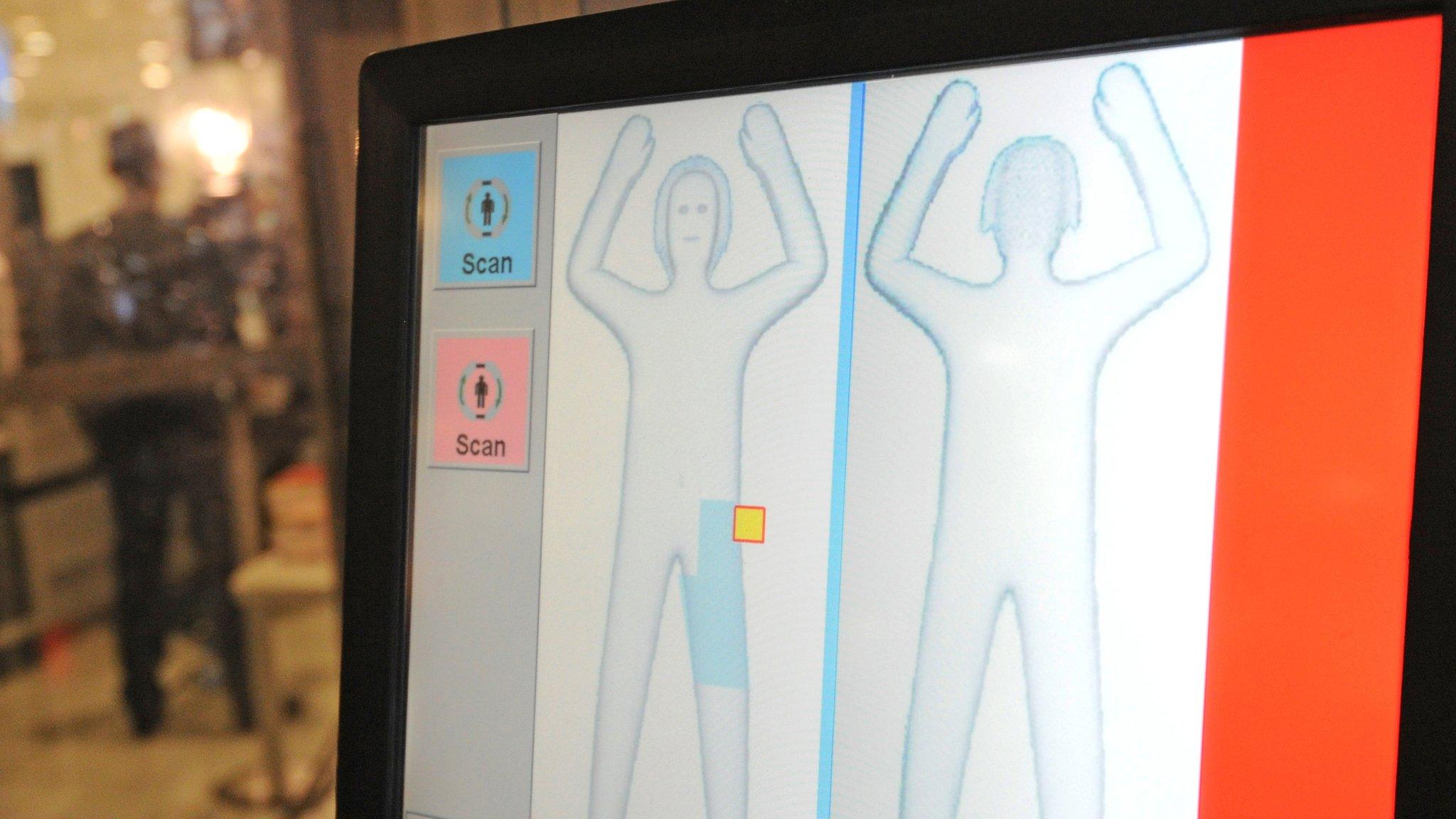US enhanced airport security checks target electronics
- Published
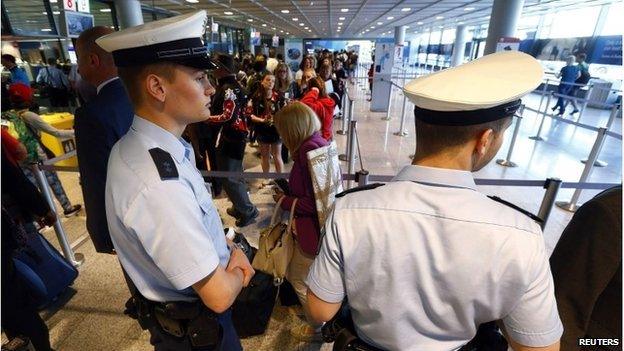
Germany is among the countries to say it will abide by the new procedures
American officials have ordered some overseas airports with direct flights to the US to intensify screening of electronic devices.
Transport officials said in a statement, external passengers could be asked to switch on devices, and equipment that does not power up would not be allowed on board.
An official told the BBC that London's Heathrow was among the airports.
The US announced new security measures last week, apparently in response to a terror threat, but gave no details.
Analysts say the changes appear to be in response to intelligence that Islamic militants in Syria and Yemen are developing bombs that could evade airport security.
American officials said earlier that there was a "credible" threat, but did not link the security changes to any specific intelligence.
Phones singled out
The US does not directly control security at overseas airports.
But airlines and airports are obliged to meet security standards set by the Transportation Security Administration (TSA) in order to carry on operating non-stop flights.
The TSA's statement for the first time gave details of enhanced screening of electronic equipment.
"During the security examination, officers may also ask that owners power up some devices, including cell phones," it said.
"Powerless devices will not be permitted on board the aircraft. The traveller may also undergo additional screening."
Reuters news agency reported that officials had singled out mobile phones made by Apple and Samsung for extra checks.
The UK, France and Germany have all said they would comply with the American demands.
But it is still not clear how many airports will be affected, or if passengers will be delayed.
- Published4 July 2014
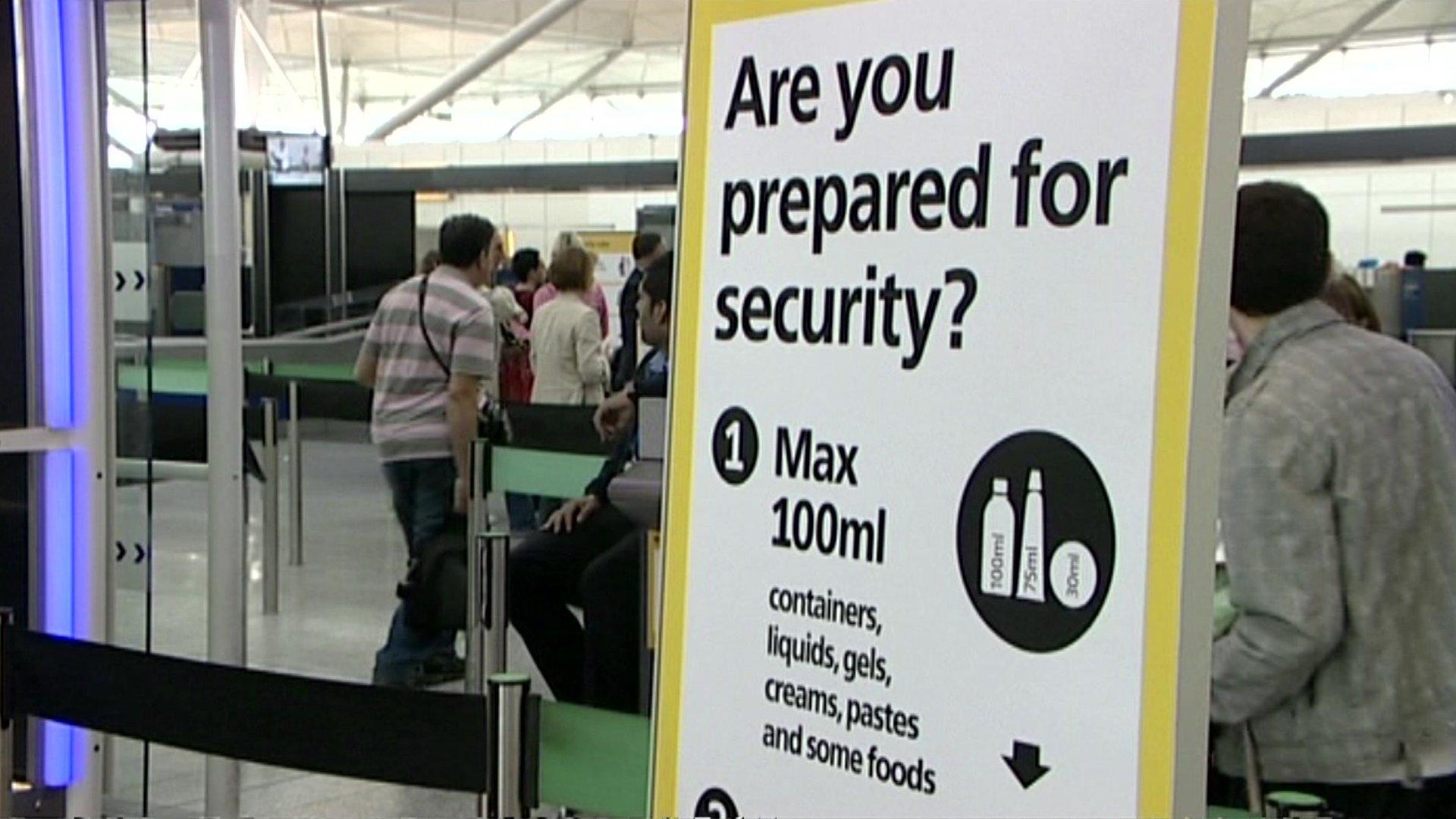
- Published3 July 2014
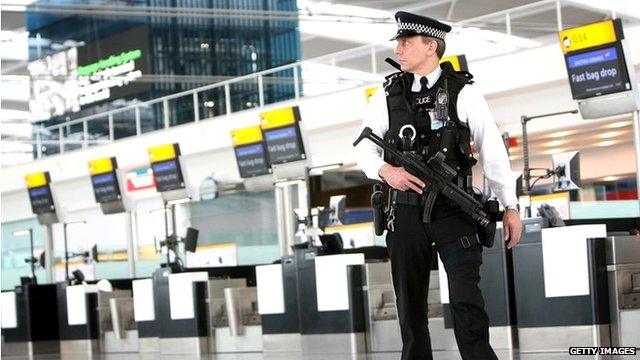
- Published4 December 2013
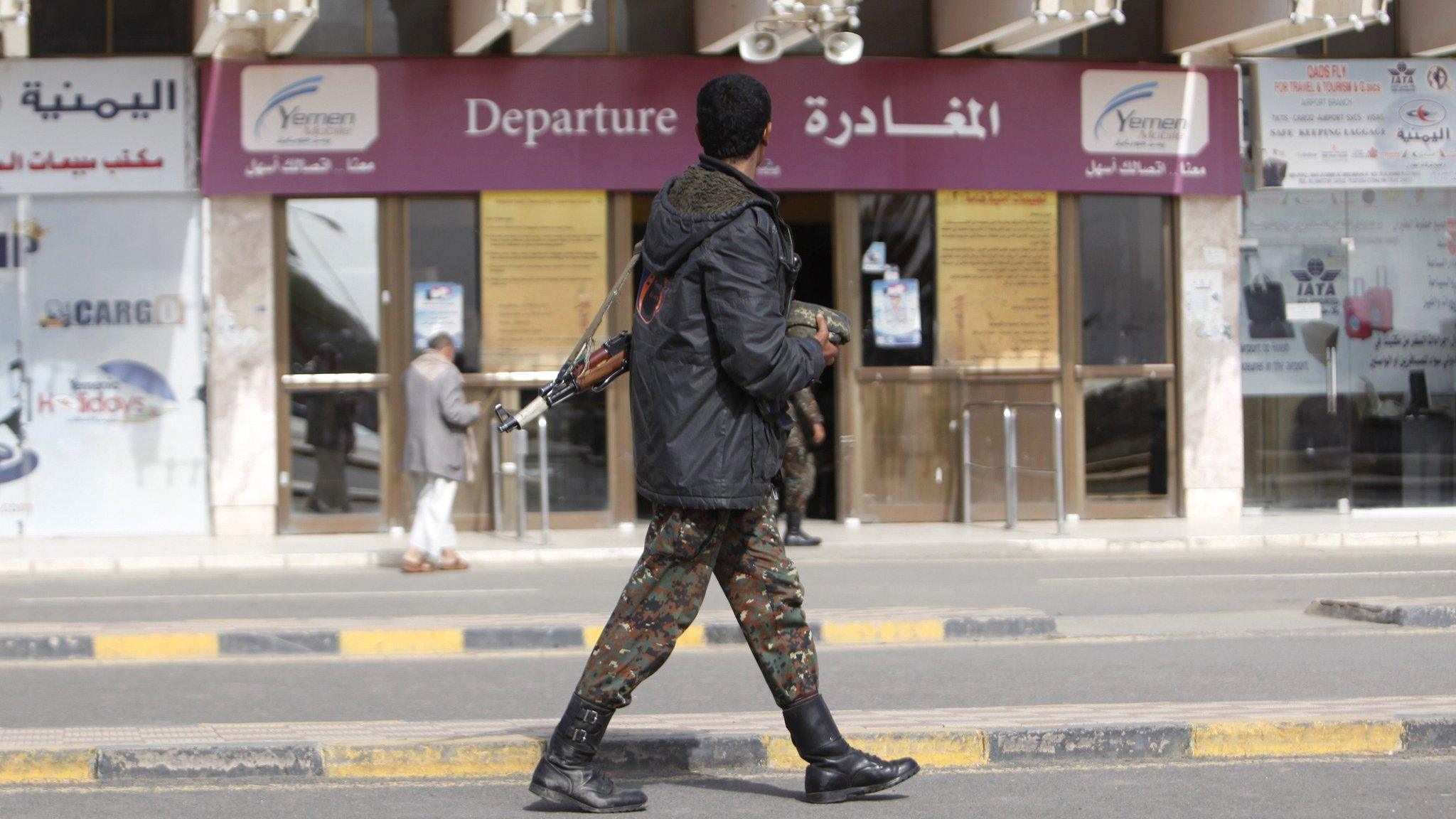
- Published4 December 2013
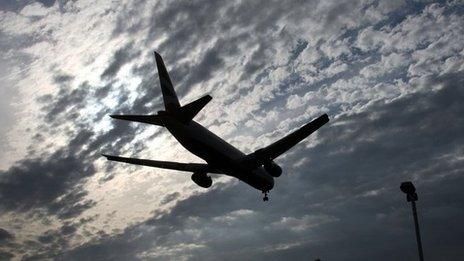
- Published3 July 2014
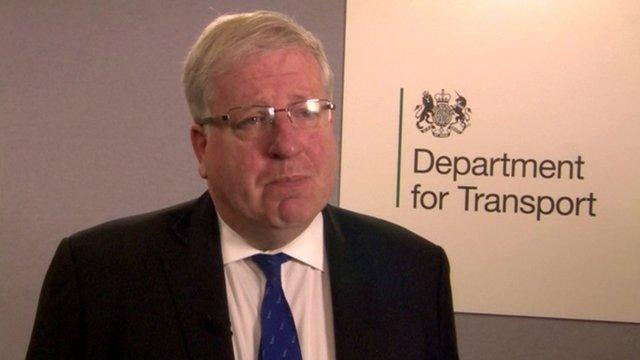
- Published23 May 2012
